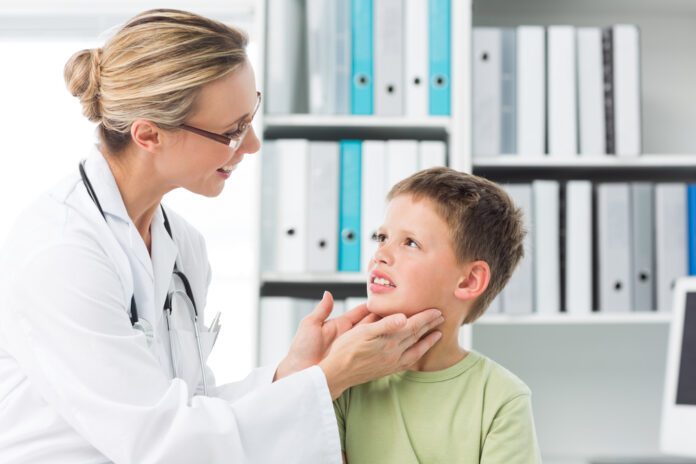Overview Of Mumps
Mumps is a contagious disease that leads to painful swelling of the salivary glands. The salivary glands produce saliva, a liquid that moistens food and helps you chew and swallow.
Commonly Associated With
Epidemic parotitis; Viral parotitis; Parotitis
Causes Of Mumps
Mumps is caused by a virus. The virus spreads from person to person by drops of moisture from the nose and mouth, such as through sneezing. It is also spread through direct contact with items that have infected saliva on them.
This disease often occurs in children ages 2 through 12 who have not been vaccinated against it. However, the infection can occur at any age and may also be seen in college-age students.
The time between being exposed to the virus and getting sick (incubation period) is about 12 to 25 days.
Mumps may also infect the:
- Central nervous system
- Pancreas
- Testes
Symptoms Of Mumps
Symptoms of mumps may include:
- Face pain
- Fever
- Headache
- Sore throat
- Loss of appetite
- Swelling of the parotid glands (the largest salivary glands, located between the ear and the jaw)
- Swelling of the temples or jaw (temporomandibular area)
Other symptoms that can occur in males are:
- Testicle lump
- Testicle pain
- Scrotal swelling
Exams & Tests
The health care provider will perform an exam and ask about the symptoms, especially when they started.
No tests are needed in most cases. The provider can usually diagnose mumps by looking at the symptoms.
Blood tests may be needed to confirm the diagnosis.
Treatment Of Mumps
There is no specific treatment for mumps. The following things can be done to relieve symptoms:
- Apply ice or heat packs to the neck area.
- Take acetaminophen (Tylenol) to relieve pain. DO NOT give aspirin to children with a viral illness because of the risk for Reye syndrome.
- Drink extra fluid.
- Eat soft foods.
- Gargle with warm saltwater.



